2nd Sunday in Advent
Isaiah 11:1-10; Ps. 71:1-2.7-8, 12-13,17; Rom. 15:4-9; Gospel of Matthew 3:1-12
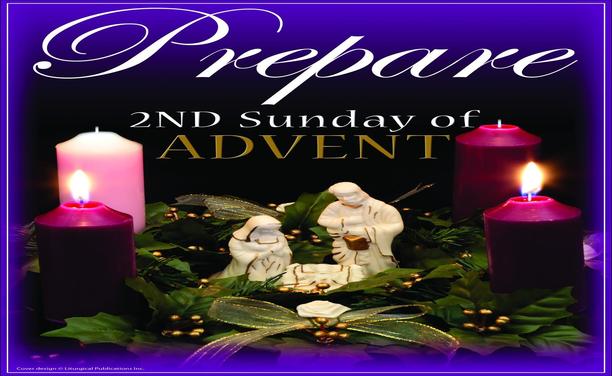
Preached by Msgr Philip Heng, SJ at Cathedral of Good Shepherd, Singapore on 8 December 2019
 As we enter into the 2nd Week of the Advent season we hear of John the Baptist in today’s Gospel reminding his disciples and all of us to “repent of our sins”. And if we desire true repentance, he adds then, “we are to produce the appropriate fruit” or the evidences of our repentance. The primary reason for John the Baptist’s proclamation of our need for repentance is so that our hearts are more receptive to the Good News of Jesus, who is to come as the Messiah. This Messiah whom John the Baptist prophesises as someone “who is more powerful than I am, and I am not fit to carry His sandals; and will Baptise you with the Holy Spirit and fire.”
As we enter into the 2nd Week of the Advent season we hear of John the Baptist in today’s Gospel reminding his disciples and all of us to “repent of our sins”. And if we desire true repentance, he adds then, “we are to produce the appropriate fruit” or the evidences of our repentance. The primary reason for John the Baptist’s proclamation of our need for repentance is so that our hearts are more receptive to the Good News of Jesus, who is to come as the Messiah. This Messiah whom John the Baptist prophesises as someone “who is more powerful than I am, and I am not fit to carry His sandals; and will Baptise you with the Holy Spirit and fire.”
My brothers and sisters in Christ, the theme of “repentance” is very important, but not always clearly understood and willingly accepted by all believers. Let us first note that every human person, regardless of their religion and culture, have an innate sense of justice in our hearts. This means that if we have done wrong, or have treated someone else unjustly, deceitfully, disrespectfully, or immorally, we would then have essentially wounded a person’s human dignity. In so doing, the law of the country will come after us, and we may be arrested by the police and even be imprisoned, if such violations are considered a crime, by civil society.
However, when John the Baptist proclaims the need for “repentance of our sins,” he is more specifically referring to our need to be reconciled with God and our neighbours. In doing so, our hearts will be more receptive to the grace of reconciliation and the Good News of Salvation that Jesus, the Messiah is to proclaim to us. But, if we are not repentant, then our hearts would also not fully desire to be reconciled with God and one another.
If I am not mistaken, there is a Chinese proverb that explains that we can spend thirty years doing good in our lives and serving our neighbours, but all of these good can be wiped away in a day or even by a single wrong deed. The whole community will remember the wrong we have done throughout our life time . . . I know of a real case of someone who was caught for misappropriating funds in his profession. As the shame was too much for him to bear, he left the country and several months later committed suicide. In other words, the community in which we belong to and live in, and this can sometimes be our very own family, can be a very unforgiving community. While Justice is an important human value, justice that is implemented without compassion, and is coldly unforgiving . . . can destroy relationships and our lives.
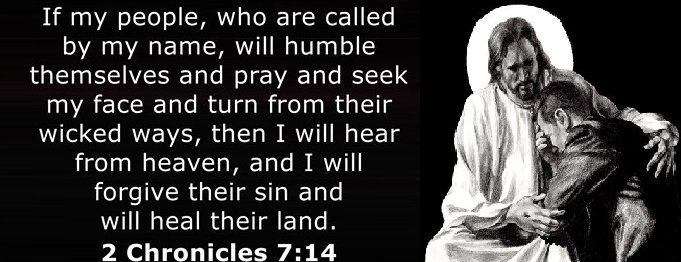
In contrast, from the point of view of our Catholic Christian faith and thus our relationship with God, the reality is infinitely different. The Gospel and the Will of God that Jesus proclaims is that of a God who is infinitely Merciful and forgiving. And so, when Jesus invites us to repentance, He desires to wipe away all our sins and forgive us fully and totally. This is what truly happens to us when we make a good “Confession” in the Sacrament of Reconciliation.
Through our genuine repentance, God removes and washes us of all our sins and past and present sins, when we are truly sorry for them. And as such, we experience ourselves being a “new person”; a forgiven sinner, a precious child fully reconciled and in deep union once again, with God our Father. Have you and I not experienced such liberating graces after each good and genuine Confessions that we make? Let me assure you that such graces of God are given to us all the time and at each time we make a good and genuine Confession. This is because this is God’s “Miracle of Mercy” for all those of us who are willing to repent genuinely.
Someone once said that, “he who excuses himself, accuses himself.” However, for a Christian, the opposite is true. He who accuses himself, excuses himself. This means that when we acknowledge our guilt of our sins before God, and are truly repentant, God removes all our guilt forever. He blots out our sins from the record of eternity.
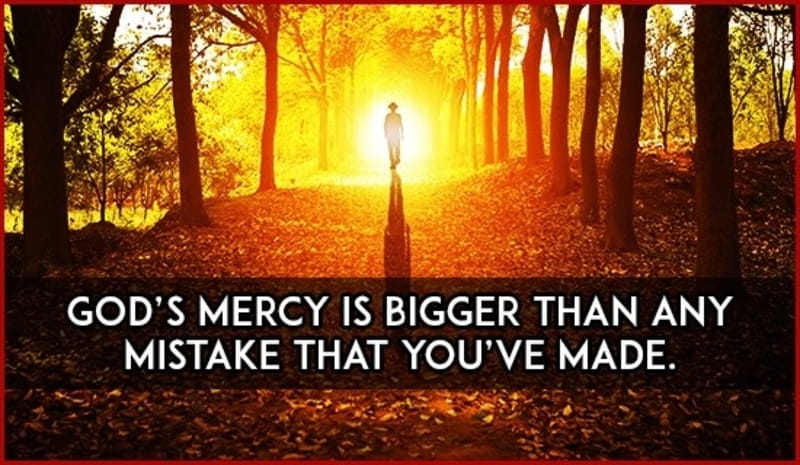
Some people describes going for Confession like going to a courtroom to be judged. However, in God’s Merciful Court, once we plead guilty of our sins, regardless of how serious they may be, we are immediately granted complete pardon and as sinners we are set free, by Jesus. This is because Jesus has taken the “death penalty” upon Himself when He willingly suffered, died and rose from His death for us, and all of mankind.
This is like saying that, if we have committed a crime that deserves the death penalty, but are truly sorry for our crime, Jesus would then tell the Judge to set us free, and that He will instead die on our behalf. And, if the Judge were to ask Jesus “why” He is doing this, Jesus’ simple answer would be, “My love for him is unconditional, and it My Father’s Will that I die on the Cross for his Salvation.
As such, my sisters and brothers, the Christian faith is the religion of “new beginnings” each time we are genuinely repentant of our sins. In fact, the Christian faith being the religion of the repentance and restoration is the religion of the resurrection. In the Gospel of Christ, no person is condemned to eternal punishment, insofar as we are still alive on this earth and can exercise our human freedom, with God’s grace, and are willing to repent of our sins genuinely.
It seems to me, one way of reflecting on the meaning and purpose of our need for repentance of our sins is to reaffirm the reality and the truth that our relationships with one another and with God never ends; they last for all eternity. And as such, if we are to value each other and God, in our lives, then we would wish to preserve such a precious gift for all times.
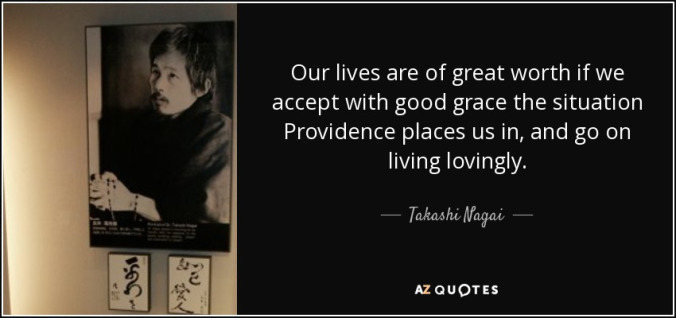 Paul Takashi Nagai was a Japanese medical doctor who survived the atomic bomb during World War II. He was born in 1908. He was sent to school in the city at age 12, and his classes in science helped form his atheistic ideas. He was also becoming known for enjoying the pleasures of college life. In the beginning of his third year of college, he had to return home unexpectedly as his mother was dying. As he gazed into the eyes of his good dying mother, he sensed that the death of his mother is not going to be the end of her existence. Paul Nagai somehow sensed that the human spirit of his dear mother will live on after her death.
Paul Takashi Nagai was a Japanese medical doctor who survived the atomic bomb during World War II. He was born in 1908. He was sent to school in the city at age 12, and his classes in science helped form his atheistic ideas. He was also becoming known for enjoying the pleasures of college life. In the beginning of his third year of college, he had to return home unexpectedly as his mother was dying. As he gazed into the eyes of his good dying mother, he sensed that the death of his mother is not going to be the end of her existence. Paul Nagai somehow sensed that the human spirit of his dear mother will live on after her death.
Deeply moved by this, Paul Nagai, spent the next five years, wrestling and searching for answers, but there were none. Eventually, he decided to test his thoughts out by living with a Japanese Catholic family, who had had many martyrs in the family.
Paul Nagai, eventually found the answer and was baptized in June of 1934, even though that meant that his Shinto believing father would disown him. Twelve years later in 1945, Paul Nagai was diagnosed with incurable leukemia. On August 9, of the same year, the atomic bomb went off. At that time, Dr Nagai was in the radiology department of a hospital in Nagasaki. He immediately organized the nurses and students into a mobile medical unit, to serve the needs of the thousands who were dying so tragically from the explosion of the bomb.
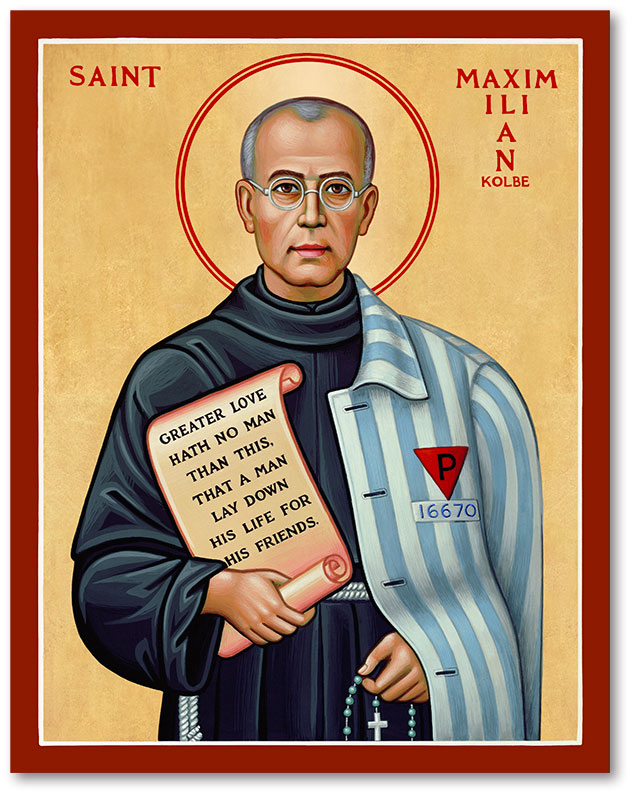 One month later, on 8th September, Dr. Nagai’s leukemia became more serious. In preparing for his death, he prayed to Fr. Maximillian Kolbe, whom he had met before he died. Within a month, he recovered miraculously, as medical science cannot explain his sudden recovery.
One month later, on 8th September, Dr. Nagai’s leukemia became more serious. In preparing for his death, he prayed to Fr. Maximillian Kolbe, whom he had met before he died. Within a month, he recovered miraculously, as medical science cannot explain his sudden recovery.
My brothers and sisters in Christ, in the eyes of Dr Paul Nagai’s dying mother, he realised that the human spirit will live on after our earthly death, but in his search of the immortality of the soul, he discovered Jesus, the Merciful and Risen Lord. And so, in this true story, we are reminded in our faith that you and I need to re-affirm that there is an eternal life with God awaiting us when we die.
In other words, the spirit of repentance of our sins is not so much our need to live in the fear of God’s punishment, /but more importantly our need to re-affirm that God’s Love for us and our union and relationship with Him is to last for all eternity. And as such, must be preserved and developed personally at all times, through our fidelity to God’s Will.
As I draw our reflection to a conclusion and as we sum up, on John the Baptist’s call for the repentance of our sins to prepare for the coming of Christ, the Messiah, in today’s Gospel, l would like us to reflect on and learn from what Karen, (not her real name) shares with us, about her experiences of repentance and commitment in her faith.
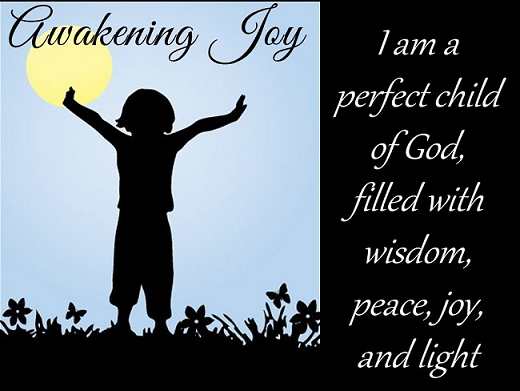 She says, “I try to live my life in repentance of my sins . . . it is a journey . . . I am a work in progress, but through Christ, I have been made new, as well. As I look back on how I used to think and live my faith, from hindsight, I can see the growth in me . . . I have changed much for the better. I am a much more wholesome and Christ-like person compared to what I used to be some years ago.
She says, “I try to live my life in repentance of my sins . . . it is a journey . . . I am a work in progress, but through Christ, I have been made new, as well. As I look back on how I used to think and live my faith, from hindsight, I can see the growth in me . . . I have changed much for the better. I am a much more wholesome and Christ-like person compared to what I used to be some years ago.
And how did I grow in my faith, and relationship with God and with others, you may ask? Well, one of the main focus of my faith was my fidelity of going to “Confessions”, every time I knew I was drifting away from God.
Repentance of my sins and renewal of my relationship with God through Confessions, was not like God waving a magic wand and we do nothing about the way we live our lives and wait passively for the change to come. No, in being forgiven by God, as in being forgiven in any relationships that we may have hurt and harmed, we have to work hard and be more fully committed at building the relationships, with the grace of God’s Merciful and forgiving Love that He shows us. Let us then be more resolved and committed to living a more wholesome life during this Advent season.
And when we experience true and deep repentance and reconciliation with one another and with God, these would be times of wonderful relief, and liberation from anxieties, guilt and pain. And, all these are what you and I, and every person, long to have in our hearts and homes. A liberation that can experience the deep and joyful blessings, that God wants to give us.
This is how God has created you and I, and every person to be and become; persons who are able to live in unity, peace and joy with one another and with God in this world and for all eternity, when we die. Let us then, open our hearts more fully to the special graces that God our Father wants to give us during the Advent season.
Adapted from: Catholic Answers Forum; “Whatevergirl”
Adapted from story of: Dr Paul Nagai
Msgr Philip Heng, S.J.
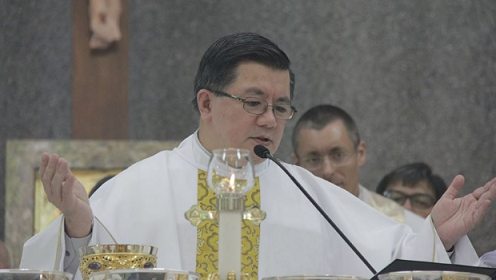
homepage zähler from 8th December 2019
